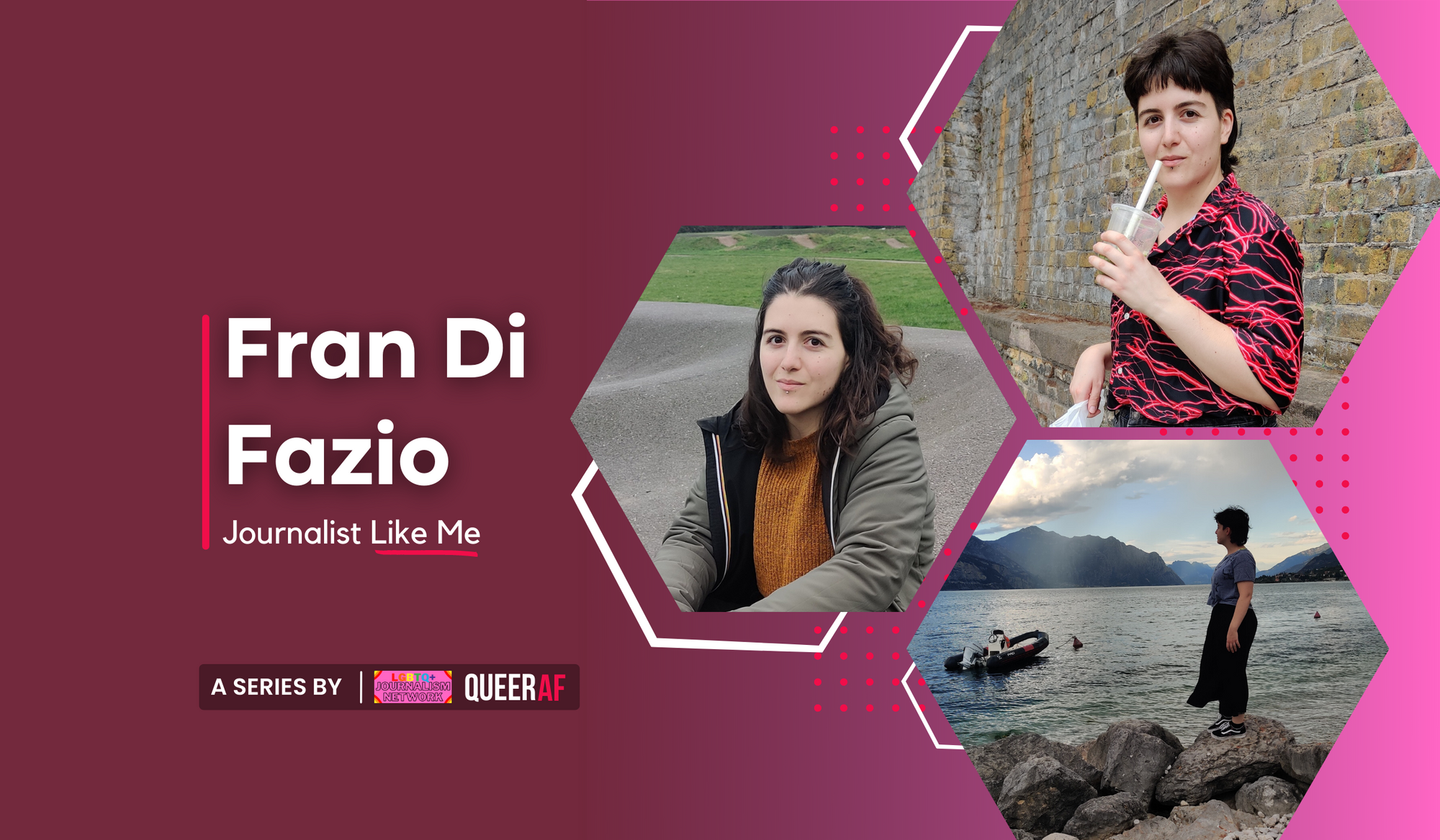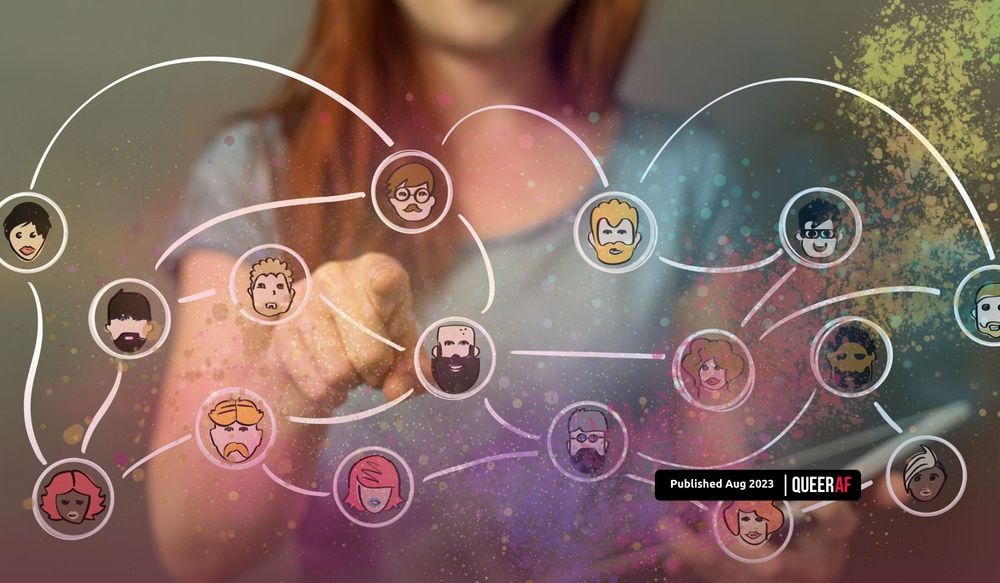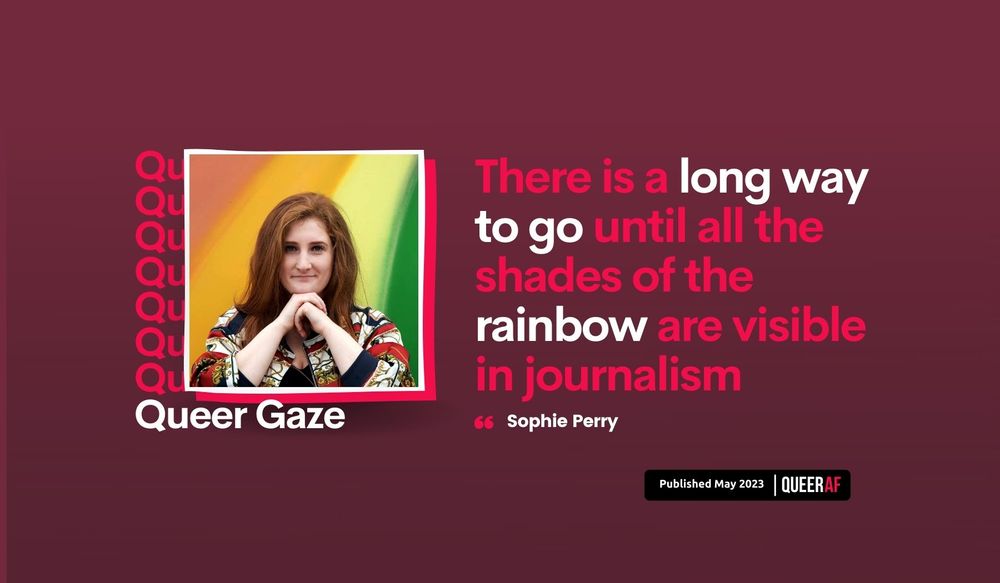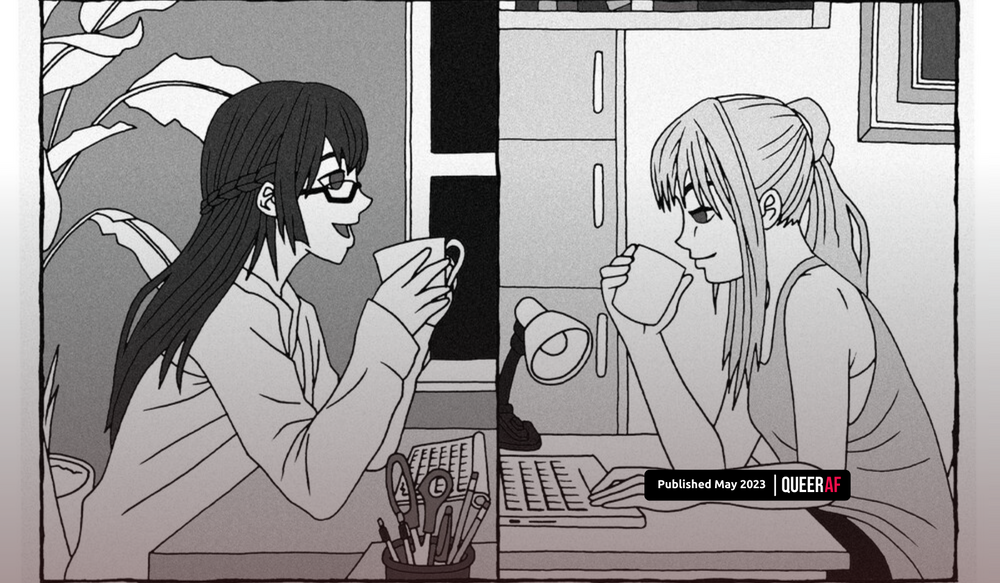
It’s no secret that journalism is a difficult sector to enter - and its barriers are disservice to the public.
Scarce diversity within the profession, stressed by the NCTJ 2022 Diversity in Journalism report, leads to poorly informed coverage. This lowers the public’s trust in journalism and contributes to the sector’s decline.
Take the low proportion of working-class journalists - the most underrepresented group together with ethnic minorities according to the NCTJ. This undoubtedly contributed to the “Punch and Judy” poor reporting on the RMT strikes in June.
What would it mean then for some of the most inflammatory public debates, like trans rights or migration, if media organisations made an effort to bring more people from marginalised backgrounds to the table?
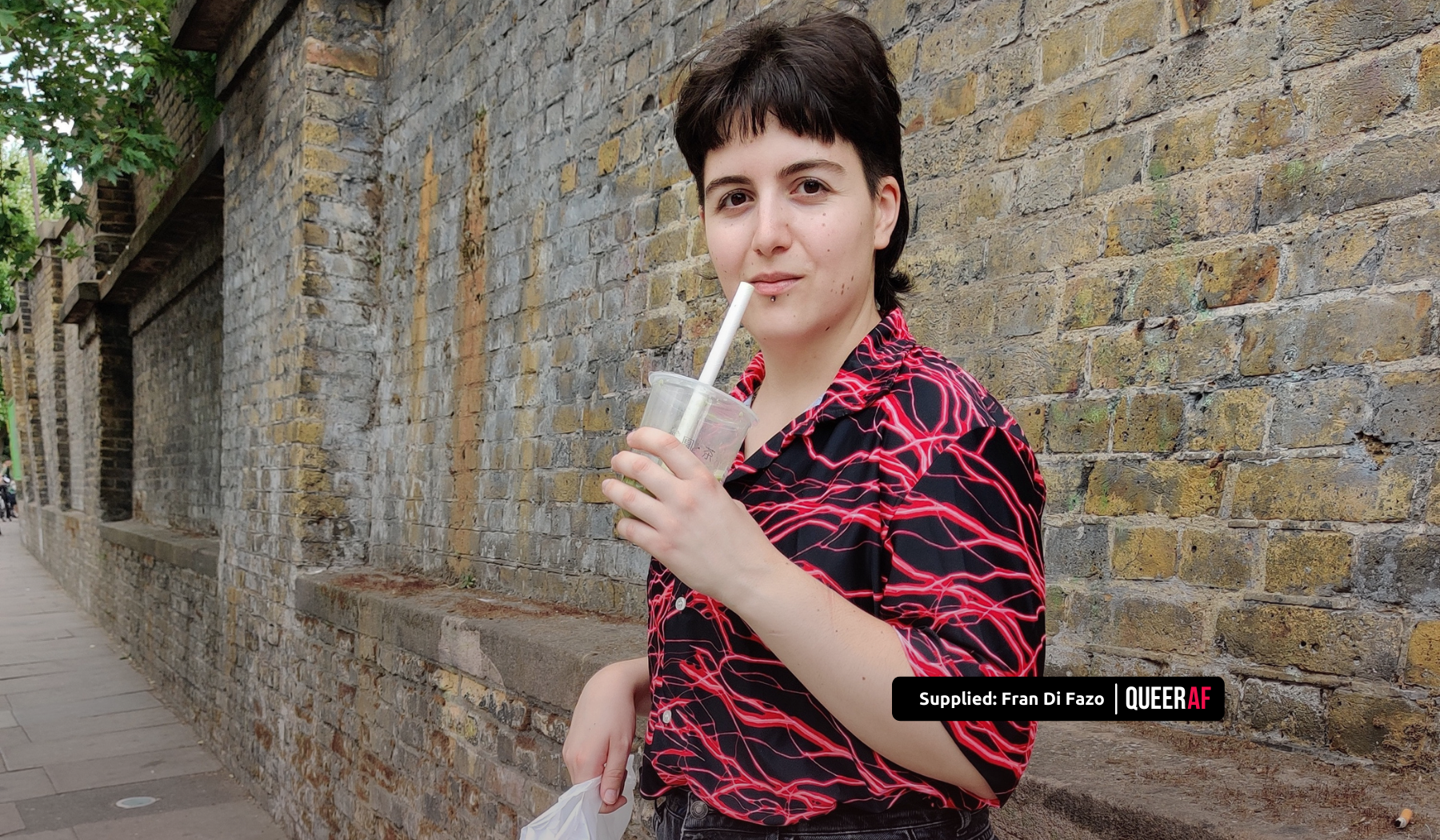
I came to the UK from a non-Anglophone European country, a couple of months after the Brexit referendum. I graduated and started pursuing my life-long dream of becoming a journalist here.
Due to the privileges linked to my EU citizen status, I didn’t expect that coming from a migrant background would affect the start of my career journey as much as it did.
Because I was born elsewhere, holding a degree from a British university doesn’t stop job recruiters from asking me if I’m really capable of writing in good English. Because I’m not a British citizen, I can’t access certain diversity funding programmes I’d be otherwise eligible for.
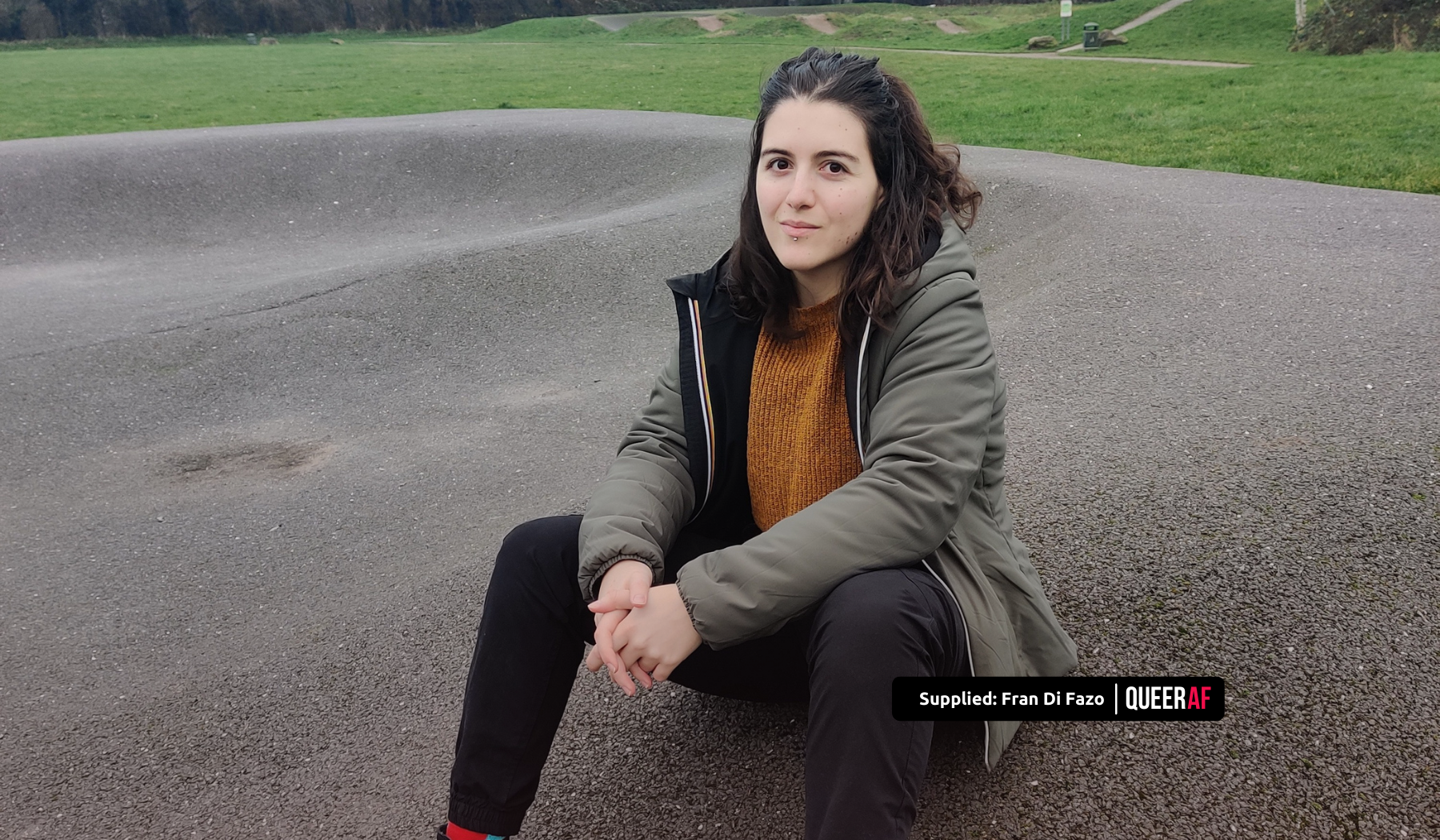
Prejudice against foreign nationals is an often overlooked reality in the British job market. But it is so pervasive that even the NCTJ while mentioning that only 9% of journalists in Britain are foreign-born, blames this on “English language barriers”.
This feeds the stereotype that non-native speakers are bad at communicating and inadequate for skilled and creative jobs.
On the other hand, as a non-binary queer person, Britain has been a space for me to exist more comfortably and safely than my native country ever could – or would – be.
I would have never expected to feel unsafe checking the transgender box in job applications to major media organisations
Understand the LGBTQIA news
For years, better legal protections, more cultural representation, and even a largely gender-neutral language allowed me to discover and live as my true self.
But recently, the mounting transphobia in public discourse and the media is fatally undermining even that sense of security and opportunity.
I would have never expected to feel unsafe checking the transgender box in job applications to major media organisations, nor to hear supposed feminists comfortably chatting about our whole existence as a “harm” to be limited.
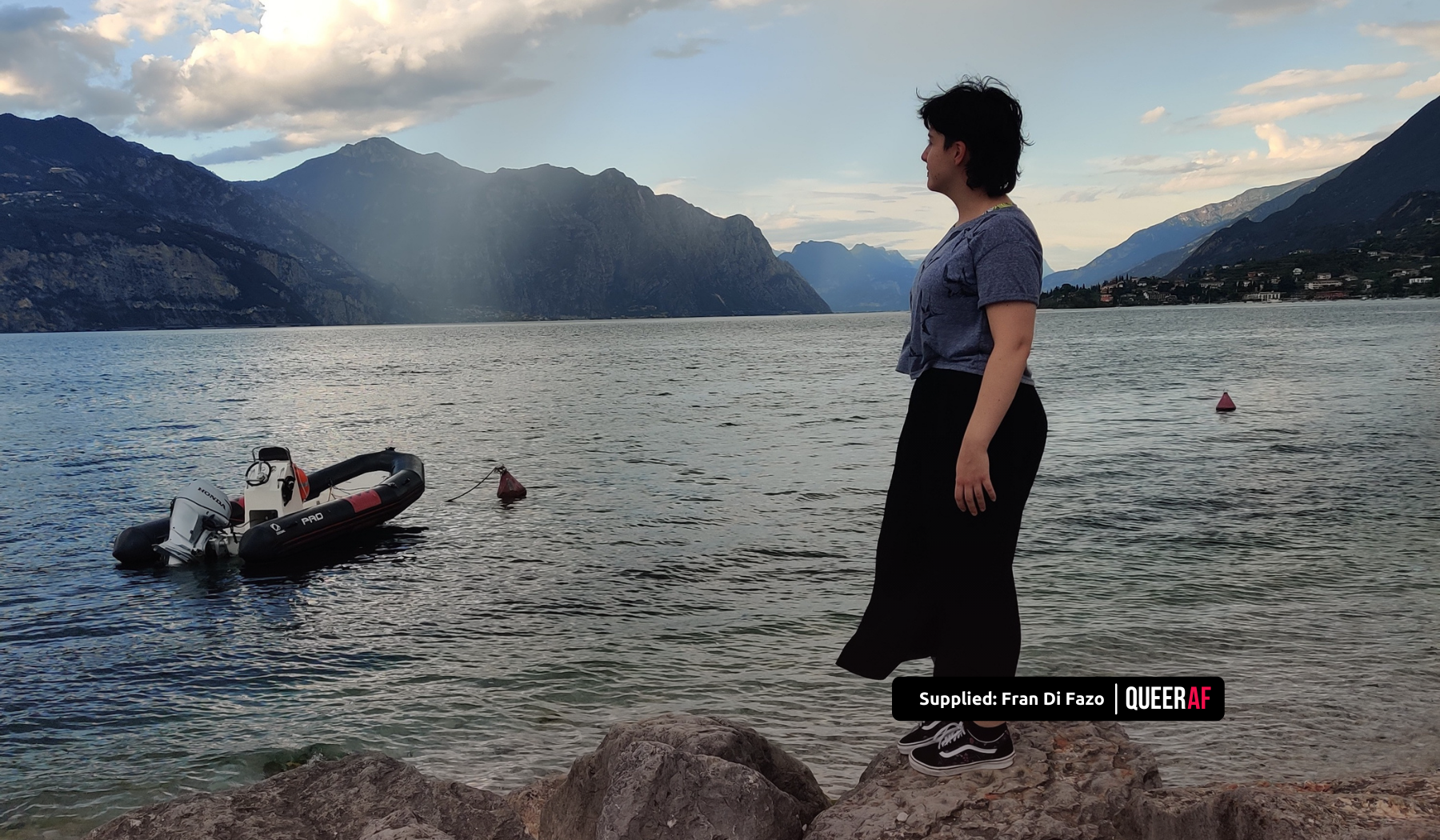
Britain’s society is at its best when it’s thriving because of its diversity and pluralism. If our national media want to stay relevant, they should look to promote a broader notion of diversity in their employment practices.
The future of media lies not in our uniqueness, but in the common struggles that shape our different experiences.
A broader, intersectional look at diversity in the British media is the key to more accurate representation and better information overall.
As part of our commitment to the sector, QueerAF has partnered with the LGBTQ+ Journalism Network to run a content series and help develop a thriving network of queer media professionals. 'Journalist Like Me' is our new, joint content series.
➡️ Support the series with a QueerAF membership
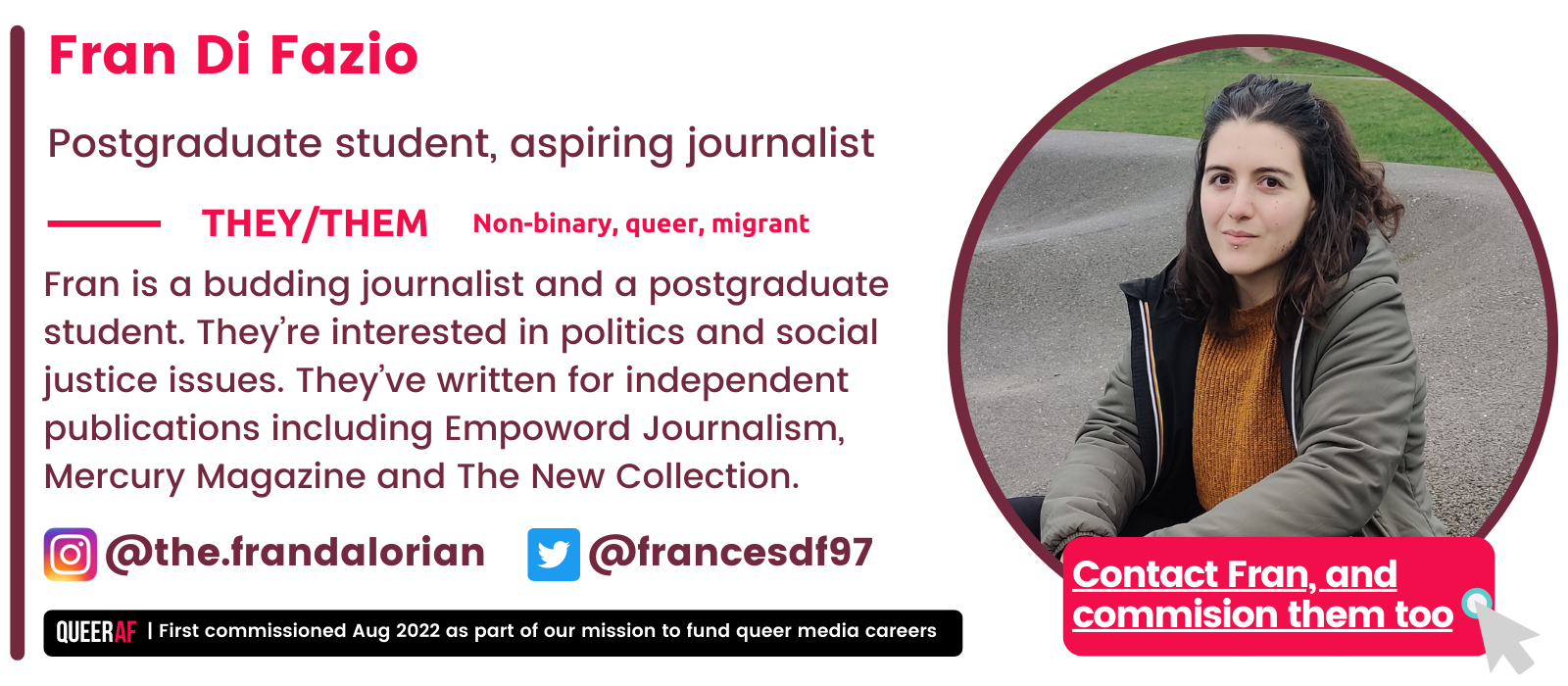
QueerAF is re-writing the way LGBTQIA+ journalists are funded
In the rush for clicks, the media is failing one of its most important duties - improving the very craft of journalism. Even established LGBTQIA+ journalists struggle to get time to sit down with their editors to grow and learn.
That's why we make time. This is what our writers say about the sub-editing and writing retrospective all our contributors get:
- "I found it a very useful in depth look at why we're writing the story instead of the usual faceless editing."
- "Great opportunity to understand the editing process, writing tips and tricks - a bucket full of creative advice!"
- "I loved the process and how helpful you've been to a novice writer."
QueerAF is a platform where creators, journalists and producers can get paid and commissioned directly by the QueerAF community. This, while we mentor them to build a career, work in the industry - and then change it.
Our approach is unique. Sessions like these take a great deal of time to set up and run. But we do them because they help our writers improve their craft.
We deliver what counts, not clicks for corporates. It lets us do this amazing work while giving you fresh queer journalism - from fresh queer journalists, like in this Journalist Like Me series.
Will you make these sessions possible and help us change the media?


